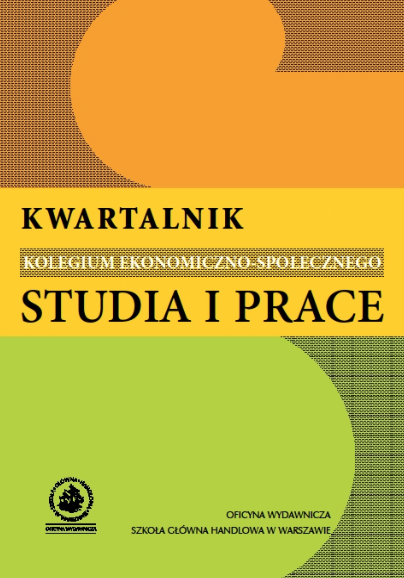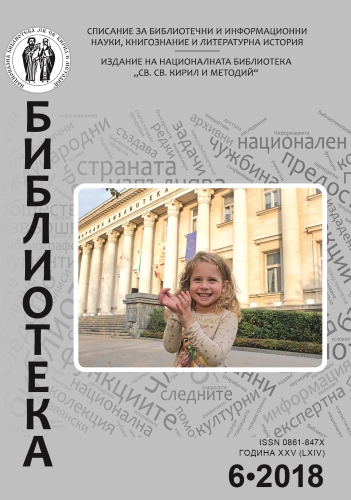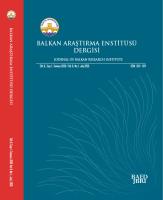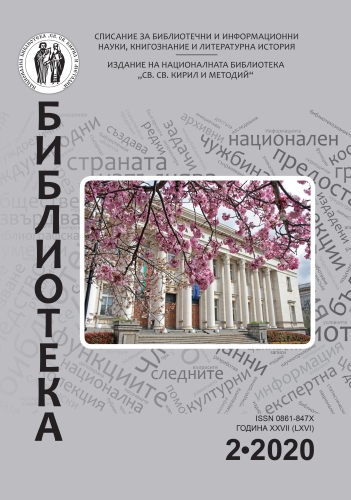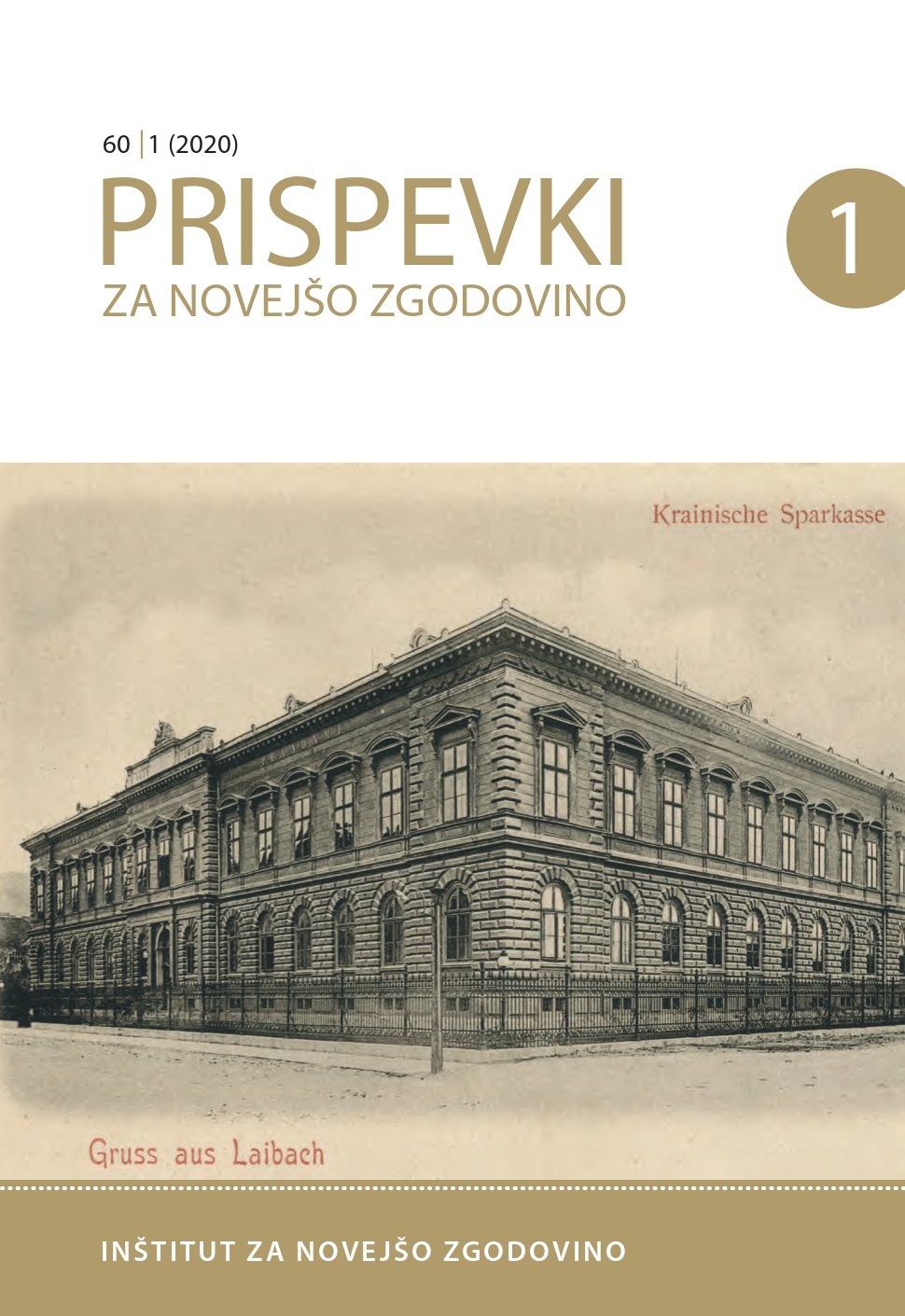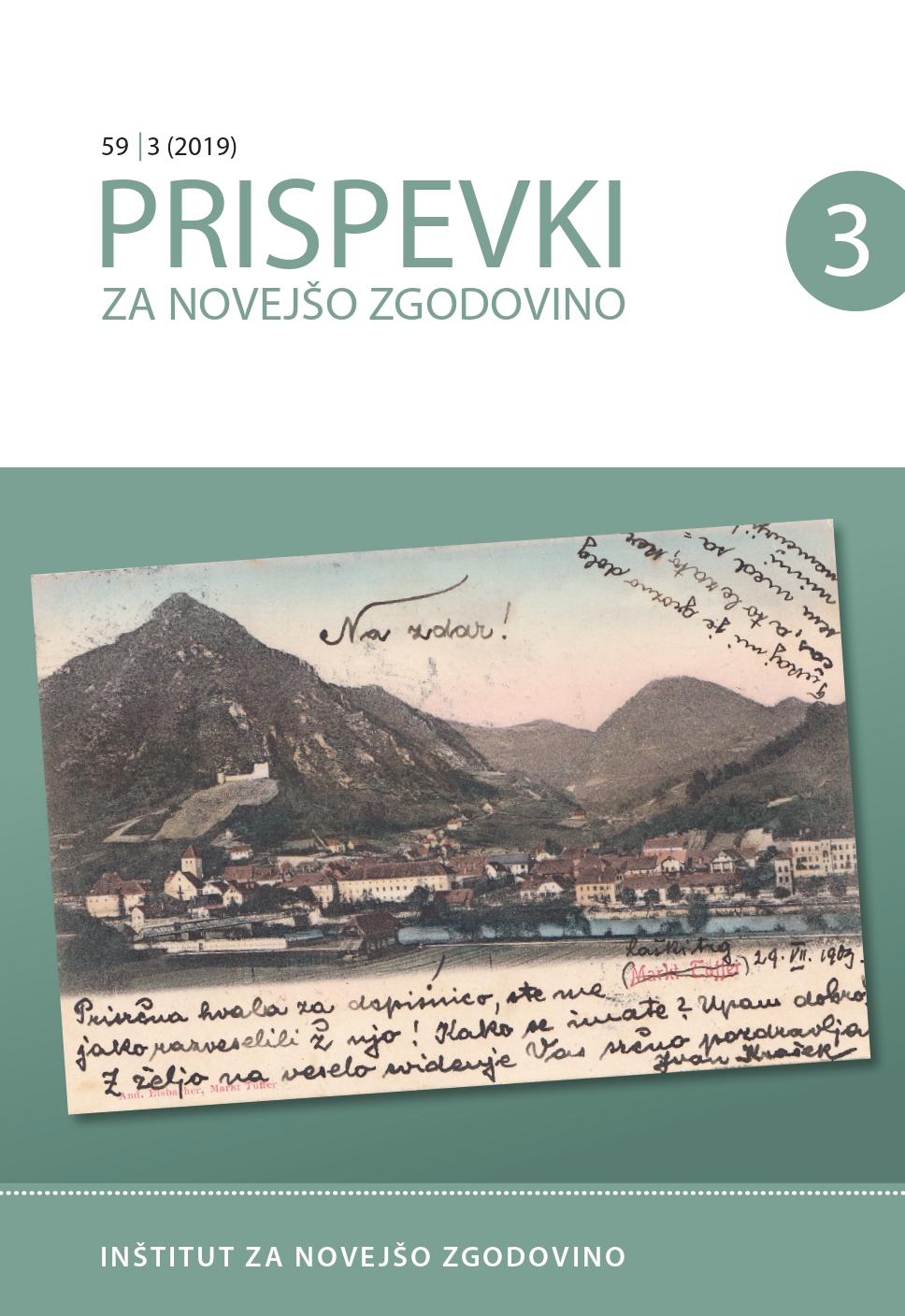Author(s): Alexandra Kumanova / Language(s): Bulgarian
Issue: 2/2020
The eminent Rubāī „ When you, overweening, go to the ignorant”, created between 1000 and 1037 AD by the medieval Persian scholar, philosopher and physician, representative of Eastern Aristotelism Abū ‘Alī Husein ibn ‘Abdallāh ibn Sīnā (in Farsi: ,)انیس نب هللادبع نب نیسح یلع وب nwonkا by the Latin name Avicenna (16.VIII.980, Avshana, Bukhara region, the Samanids Emirate, Uzbekistan – 18.VI.1037, Hammadan, Abbasid caliphate, Iran) has been translated and referred to as a named (Infidel) author's verse. The quatrain is based on the Russian translation from Farsi, by the poet and translator Semen Izrailevich Lipkin (6.IX.1911, Odessa, Herson province, Russian Empire – 31.III.2003, Peredelkino, Moscow region, Russian Federation), and is dedicated to the fifth anniversary of Fred (Alfred) Fritz Mainhard's death (4.VI.1933, Sofia–18.V.2014, Sofia). He graduated in German Philology (part-time) from Sofia University „ St. Kliment Ohridski”. He was a humanist, erudite, aesthete, pedagogue and philologist, polyglot, librarian and bibliographer, a long-standing leading expert at the Literary Bibliography section as well as the Library of the Institute of Literature at the Bulgarian Academy of Sciences. The famous aphorism that sets the morality – creed of the author in ontological opposition to the environment of everyday public morality connected to phenomena of pseudo-creativity has been adduced as an epigraph: „Never connect with negative people. They will find a problem of any solution”.
More...
